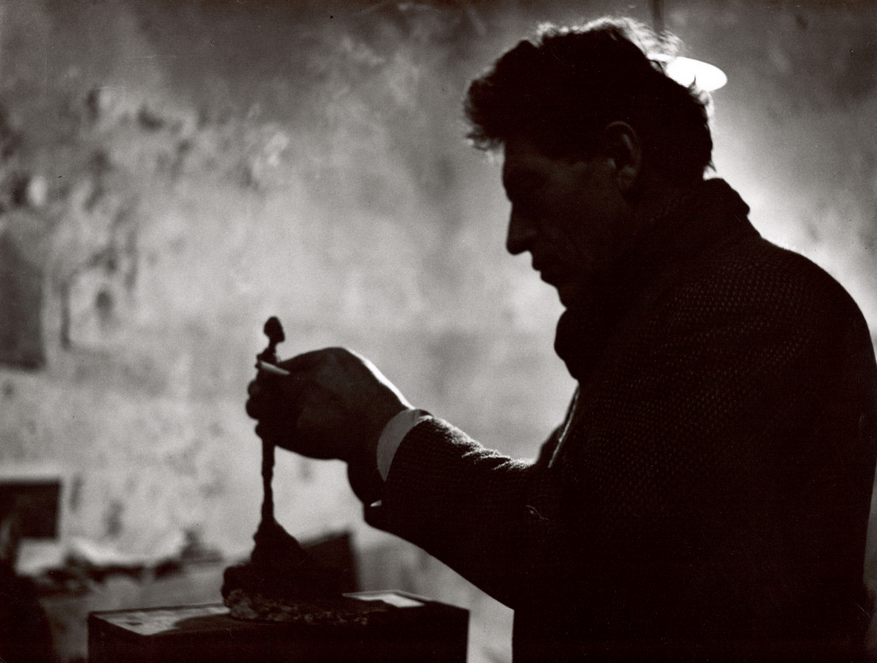Giacometti’s Vision
Ross Gale
 In James Lord’s A Giacometti Portrait, Alberto Giacometti often refers to Cézanne out of reverence for his work and competence. At one point, Giacometti says, “Cézanne discovered that it’s impossible to study nature. You can’t do it. But one must try all the same, try—like Cézanne—to translate one’s sensation.”
In James Lord’s A Giacometti Portrait, Alberto Giacometti often refers to Cézanne out of reverence for his work and competence. At one point, Giacometti says, “Cézanne discovered that it’s impossible to study nature. You can’t do it. But one must try all the same, try—like Cézanne—to translate one’s sensation.”
I find the word sensation to be so precise in what I try to create with words. Sometimes I try to copy nature exactly as I have experienced it, and sometimes I try to create a new sensation. But even Giacometti knew that “a semblance, an illusion is, in any case obviously all that can be attained...But an illusion is not enough.” It’s not enough because one is compelled to go further and to perfect one’s vision.
Giacometti never stopped perfecting. When Lord thought that he was done with the portrait of him, Giacometti would continue it further, seeing something that could refine his vision. Some might call this madness. (Madness perhaps exactly what is needed to create something never seen before, to display the inspiration and originality.) What Giacometti strove for “was of course impossible, because what is essentially abstract can never be made concrete without altering its essence.” Which is why the story I write in my head is never completely the story that I write down on paper. It’s always different and off. I can move closer to it the way Giacometti moved closer through his continuous rebuilding, and the closer I nudge and edit and strengthen, the closer the work becomes “both ridiculous and sublime.” But that is never easy. It can be both discouraging and freeing.
It’s inspiring to read the way Lord describes Giacometti floundering and how he continues to work toward the small hope he believes is present in his work. Which is why the best writing advice is to always keep writing. Keep working. Even when it seems the work is getting worse and worse and impossible to do. It’s a daily wrestle that requires a commitment to begin again.